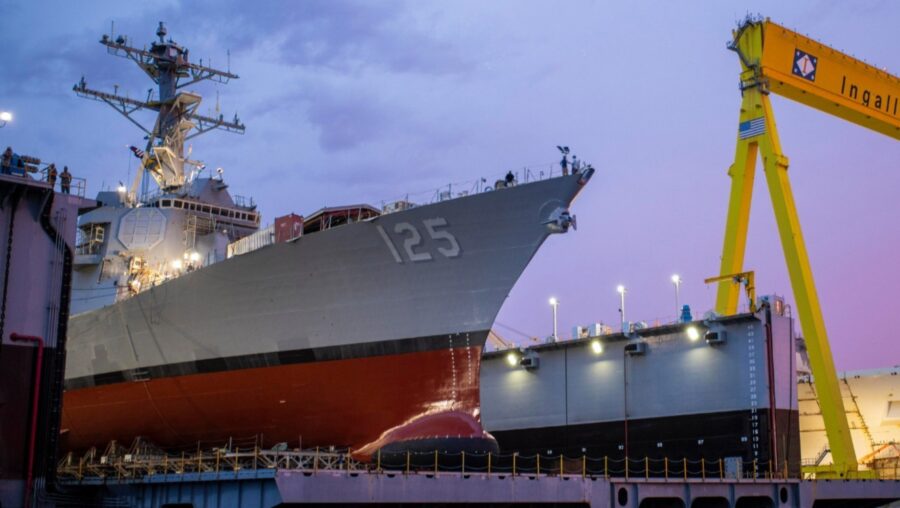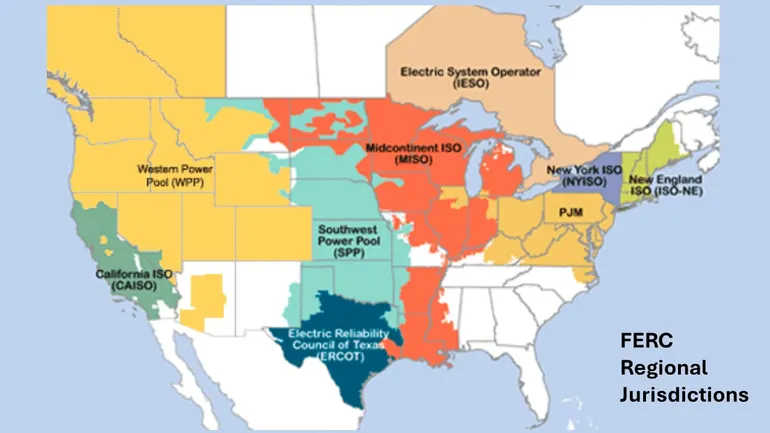Israel ports unfazed by new missile strikes
Israel’s ports are operating as usual as Jerusalem and Tehran trade missile strikes. The post Israel ports unfazed by new missile strikes appeared first on FreightWaves.

While the world holds its collective breath as Israel and Iran trade missile strikes for a fourth day, there have been no reported disruptions to maritime traffic at ports in the danger zones.
Israel on Monday said it will escalate attacks on Iran’s nuclear and ballistic weapons facilities, charging it was on the verge of building a nuclear weapon.
Iranian missiles targeted Haifa, Israel’s busiest container port, and a nearby oil refinery, over the weekend. There were no reports of injuries or serious damage.
Haifa handles 30% of Israel’s imports through terminals owned by Indian operator Adani.
“Despite the escalated security situation, operation in the Israeli ports of Ashdod and Haifa is continuing as usual,” said Zim (NYSE: ZIM), the vessel operator headquartered in Haifa, in a customer advisory. Zim ships are calling at Israeli ports as scheduled, and bookings continue to be accepted to and from Israel.
An operational update from forwarder Kuehne & Nagel rated Haifa and Ashdod operations as “business as usual,” with vessel waiting time at just over a day for the past week.
The Joint Maritime Information Center on Monday rated the regional threat level as “significant,” as the strikes between Iran and Israel continue to escalate regional tensions. The JMIC, a multinational information clearinghouse established in 2024 to track Houthi attacks on merchant shipping, said the maritime threat level is “elevated,” “due to electronic interference and overall instability. Vessels report issues with AIS (automatic identification spoofing) and GPS jamming, and navigation issues, especially near Port of Bandar Abbas and the Strait of Hormuz.”
Iran’s parliament had earlier discussed closing the Strait of Hormuz, the narrow waterway that Persian Gulf ports depend on for access to global maritime trade routes. A closure, which hasn’t happened since 1984, would potentially choke off 20% of the world’s oil and gas supply.
A total of 30 million TEUs’ container traffic moves in the strait vicinity, according to Jean-Paul Rodrigue of Texas A&M University. “A large share concerning transshipment, with Jebel Ali in Dubai as the major hub. Disruptions would, therefore, involve a multiplicity of shipping networks, many unrelated to the oil trade.”
Kuehne & Nagel rated Jebel Ali, the busiest in the Gulf, as “business as usual” and Oman’s Port of Salalah as “heavily disrupted” due not to military threats but the effects of monsoons.
Maersk subsidiary APM Terminals is the primary operator in Salalah. And though ocean carriers have yet to issue any war-related advisories, it was just over a decade ago that Iran seized the container ship Maersk Tigris in the strait amid a contract dispute over missing containers. The ship and its crew were released a month later.
Find more articles by Stuart Chirls here.
Related coverage:
UPDATE: Return of Red Sea cargo “less likely” after attacks on Iran
Geopolitical upheaval tops new shipping concerns survey
House investigator Yi to lead Marad
Early peak coming as trans-Pacific container rates double
Retailers see cargo surge coming
The post Israel ports unfazed by new missile strikes appeared first on FreightWaves.



















































































![[Updated] U.S. Air Force Mobilizes F-22s and F-35s as Situation in Middle East Escalates](https://theaviationist.com/wp-content/uploads/2025/06/F-22_F-35_CENTCOM-top.jpg)




![Israel drama and good news for the F-35: Paris Air Show Day 1 [Video]](https://breakingdefense.com/wp-content/uploads/sites/3/2025/06/IMG_1805-scaled-e1750092662883.jpg?#)












![[Updated] Sudden Deployment of Dozens of U.S. Air Force Tankers Raises Questions](https://theaviationist.com/wp-content/uploads/2025/03/Stratotanker100Years_2-e1750080240327.jpg)








































